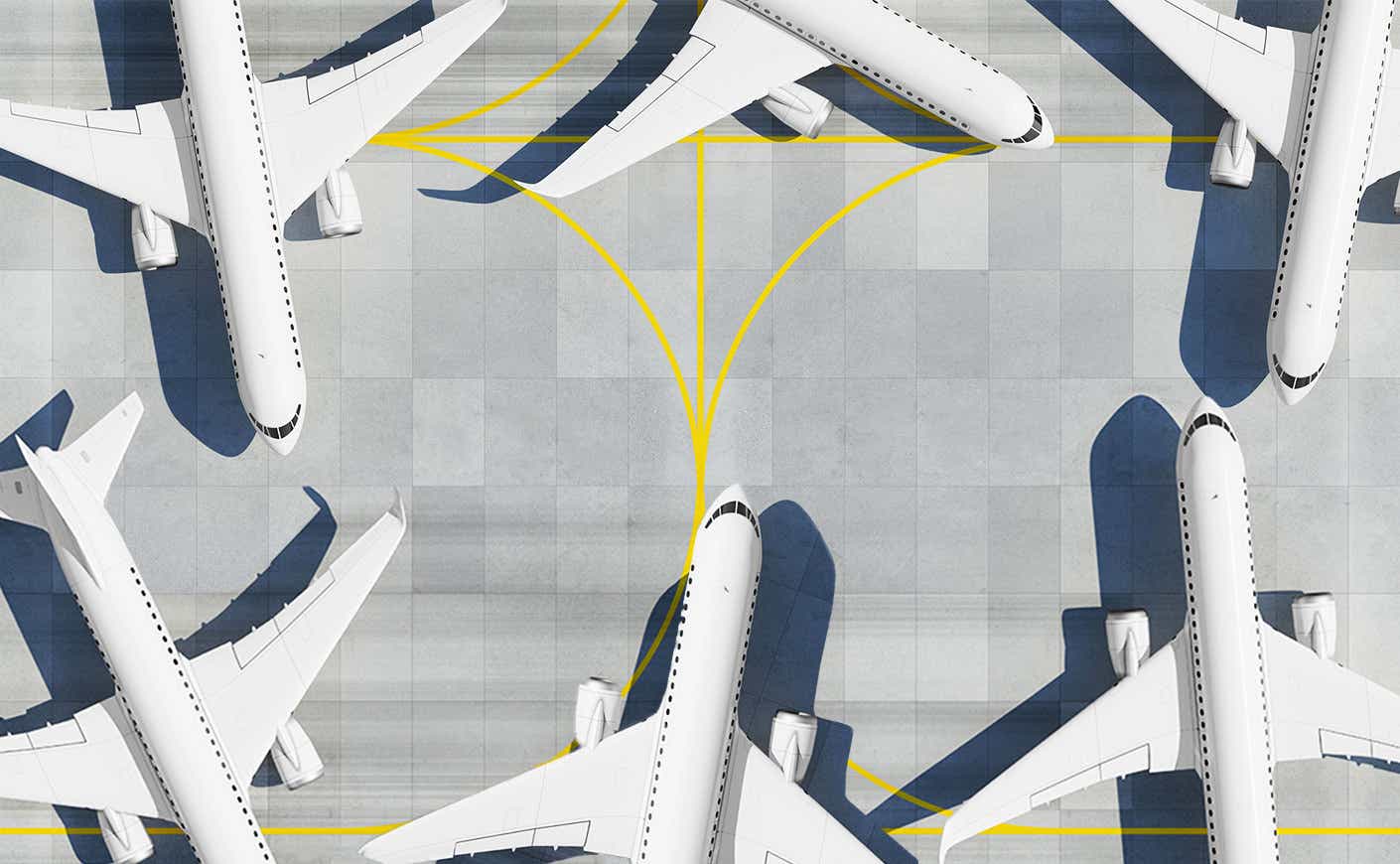After months of chaos, the government has launched a new tool to help Americans better navigate their air travel — and it couldn’t have come sooner.
On Thursday, the Department of Transportation debuted its airline customer service dashboard that provides travelers with “easy to access information” on delays and cancellation policies for 10 different U.S. airlines. The agency also announced a proposal to strengthen protections for flyers looking to get refunds on airline tickets.
This is definitely welcome news for those traveling this Labor Day weekend, which is a major holiday for travel. An estimated 12.7 million people are expected to fly between Thursday and Monday, according to the travel-booking app Hopper.
Here’s what you should know about the tool and the latest efforts to better protect passengers.
How can people use this tool?
Starting today, travelers can check the dashboard to see what kinds of guarantees, refunds, or compensation major domestic airlines, including Southwest and United Airlines, offer in case of potential flight delays or cancellations. It also compares what types of compensation airlines offer for these disruptions, whether it be complimentary hotel accommodations, free meals, or rebooked flights at no additional cost.
Most of these issues center around what the DOT refers to as “controllable” cancellations or delays — meaning those caused by mechanical issues or staffing shortages, or delays in cleaning, fueling, or baggage handling. But those caused by weather or security concerns don’t count.
Will this new dashboard help improve air travel?
On top of creating more transparency, the DOT is hoping that the dashboard will spur more competition among airlines when it comes to offering more transparency and better protection for travelers.
Amid widespread flight disruptions, there have been some questions about what’s behind these issues. While federal officials have blamed airline staffing shortages, airlines have countered by saying Federal Aviation Administration and the nation’s air traffic control system are exacerbating the issues plaguing the industry. Regardless of who’s at fault, these problems are real: Airlines are still struggling to keep up with the sheer number of passengers. And it shows; so far this year airlines have canceled about 146,000 or 2.6 percent of all flights, and nearly 1.3 million flights have been delayed, according to tracking service FlightAware.
“Demand has come back faster than capacity has — airlines have brought capacity about to 95 percent of what they were pre-pandemic, but they’re not quite back to pre-pandemic levels,” Hopper economist Andrew Heritage told The Washington Post.
What else is the government doing about flight problems?
The DOT also announced a plan that would enforce that airlines give flyers the refunds they’re owed following a flood of complaints over the coronavirus pandemic when many flights were canceled due to health concerns. Currently, the department says it requires airlines to refund travelers if they cancel or significantly change their flights, but these terms have never been defined, causing an inconsistency in rules among airlines. So, for instance, airlines would have to offer reimbursements if the flight’s scheduled departure or arrival time is altered by three hours or more (or six hours for international travel). The proposal would also enforce travel vouchers or credits that don’t expire if passengers can’t travel for any pandemic-related reasons, such as travel bans or if they have Covid-19.
“When Americans buy an airline ticket, they should get to their destination safely, reliably, and affordably,” said U.S. Transportation Secretary Pete Buttigieg. “This new proposed rule would protect the rights of travelers and help ensure they get the timely refunds they deserve from the airlines.”









